
Singapore at a Glance:
Key Facts and Figures
About Singapore
Singapore, often referred to as the "Lion City" - is a vibrant island nation in Southeast Asia known for its modern skyline, multicultural society, and impressive economic development. Whether you're planning a trip, doing research, or just curious, here’s everything you need to know about Singapore—from its geography to its culture and economy.


Location
Singapore is a sovereign city-state located at the southern tip of the Malay Peninsula, just 137 kilometers (85 miles) north of the equator.
It is bordered by several countries - Malaysia to the north (via the Johor-Singapore Causeway) and Indonesia to the south across the Singapore Strait. Despite its small land area, Singapore's strategic location has made it one of the world’s busiest ports and financial hubs.
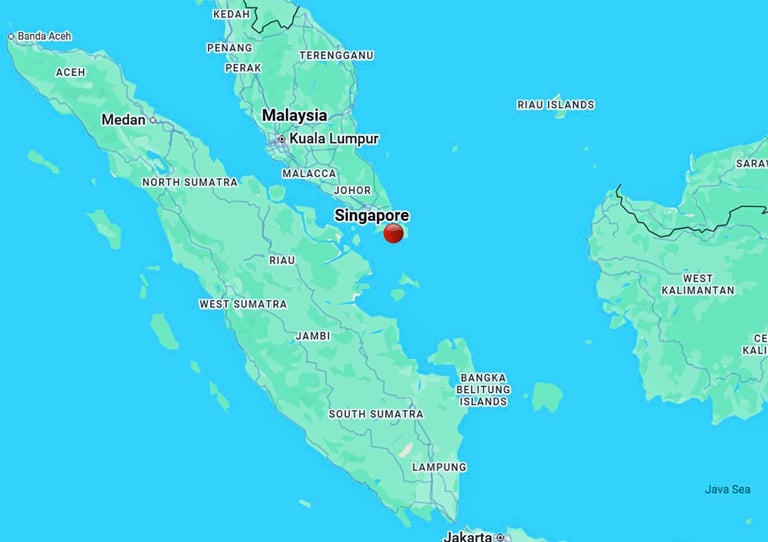

Currency and Economy
Singapore uses the Singapore Dollar (SGD or S$). It is a strong and stable currency, often traded alongside the US Dollar. Coins are in denominations of 5, 10, 20, and 50 cents, and S$1. Notes come in S$2, S$5, S$10, S$50, S$100, and S$1,000 denominations.
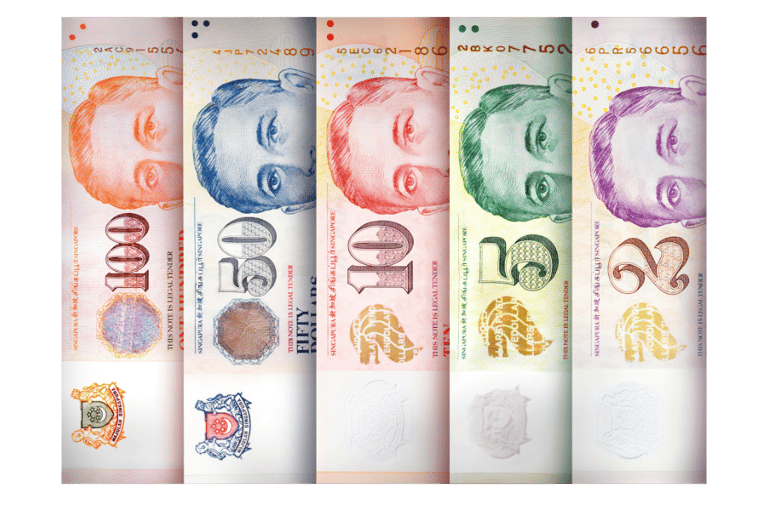

Singapore has a highly developed free-market economy. It is one of the world's top financial centers, with strengths in sectors like
Banking and finance
International trade and shipping
Technology and innovation
Tourism and hospitality
Biotech and pharmaceuticals
Topography and Land Area
Singapore spans a total land area of approximately 733 square kilometers (283 square miles), making it one of the smallest countries in the world. It is about the size of New York City at 783 sq km (302 square miles)
The country is mostly low-lying, with Bukit Timah Hill being the highest natural point at 163.63 meters above sea level. The island is highly urbanized, with well-planned green spaces, reservoirs, and parks integrated into the cityscape. Land reclamation has played a key role in expanding its territory.
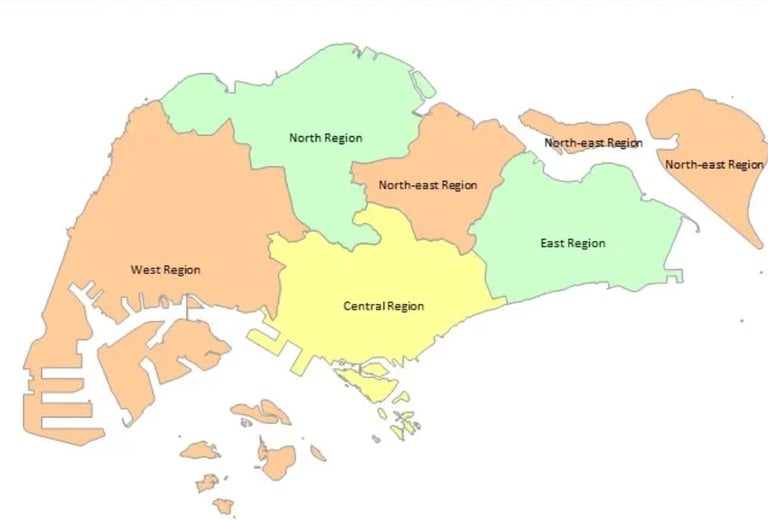

Population & Ethnic Composition
As of 2025, Singapore has a population of around 5.9 million people. This includes citizens, permanent residents, and a significant number of foreign workers and expatriates.
Singapore is a multi-ethnic society comprising mainly:
Chinese (about 74%)
Malay (about 13%)
Indian (about 9%)
Other ethnic groups, including Eurasians and expatriates from around the world. (about 4%)
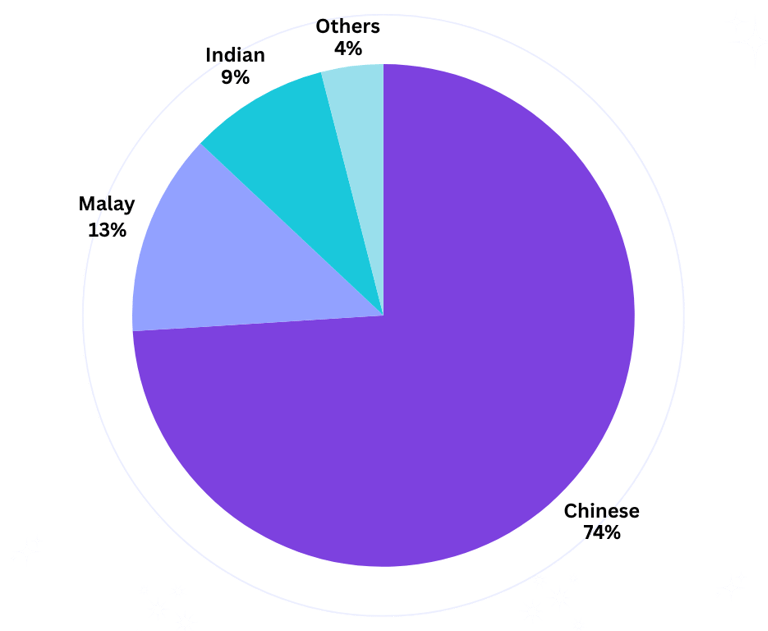

Languages
Singapore officially recognizes English, Mandarin Chinese, Malay, and Tamil as its languages. English serves as the lingua franca among Singaporeans and is the primary language for daily life, government, legal matters, trade, and commerce.
Informally, Singaporeans often use Singlish, an English-based creole that developed from the country's multi-ethnic and multilingual history. Check out some commonly used Singlish and local terms in Singapore here
Religion
Religious freedom is guaranteed in Singapore and the population harmoniously practices different religions:
Buddhism (~31%)
Christianity (~19%)
Islam (~15%)
Taoism (~8%)
Hinduism (~5%)
Others, including Sikhism, Judaism, and non-religious (~20%)
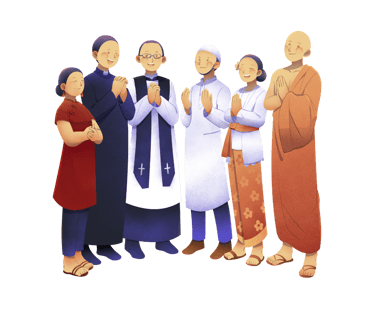

Discovering Singapore
Your Singapore Adventure Starts Here—Plan, Explore, and Be Amazed!


